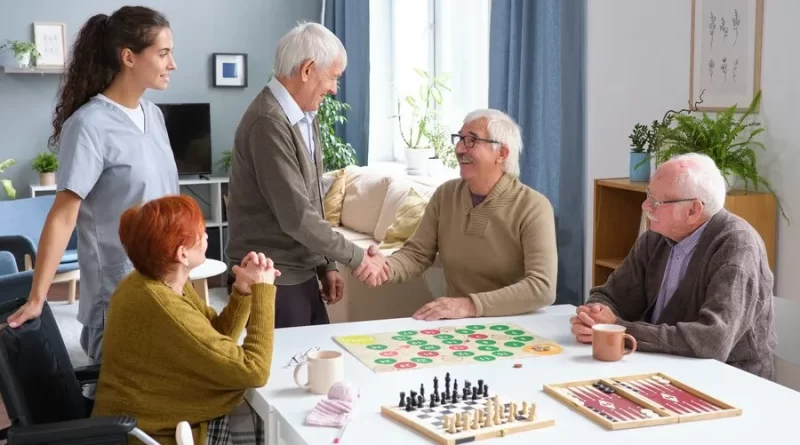Senior Living Alert: Signs Your Elderly Family Member Needs an Active Community
Table of Contents
Key Takeaways:
- Recognizing the subtle signs that an elderly family member could benefit from an active senior community.
- Understanding the importance of socialization, physical activity, and mental engagement for seniors.
- Exploring options to enhance the overall quality of life for elderly individuals through an active and supportive community.
Introduction
As family members age, it can become a challenge to maintain an active and fulfilling lifestyle. The signs that a senior loved one might need more support can be subtle but are crucial for ensuring their overall well-being. Proactively recognizing these signs can effectively lead to finding solutions that enrich their lives and provide comfort and care. An active community environment like Westminster Baldwin Park, tailored to seniors, is often the perfect setting for them to thrive. This article delves into the indicators that suggest it might be time to consider such an option for the elderly individuals in your life.
Loss of Social Contacts
Changes in social patterns are often one of the first signs indicating that an older adult may benefit from an active community setting. If you notice they’re spending more time alone, have lost touch with friends, or rarely partake in social activities, it could be a sign that they feel isolated. Social isolation can have profound impacts on both mental and physical health, and an active community often provides a built-in network of peers and social activities to keep loneliness at bay.
Decreased Physical Activity
Another clear sign that a senior might need a more supportive community is a noticeable decline in their level of physical activity. Maybe they’ve given up walking, attending fitness classes, or other recreational activities they once enjoyed. Active communities for seniors often offer exercise classes, walking groups, and fitness facilities specifically designed for older people, making it easier for them to integrate physical activity into their daily routines.
Signs of Mental Health Decline
Mental health is just as important as physical health, and signs of mental health deterioration, such as increased forgetfulness, confusion, or personality changes, can be cause for concern. An active community can provide structured routines, intellectual stimulation, and social interaction that may help slow down mental decline and offer the support needed for managing mental health conditions.
Struggle with Daily Living Tasks
If your elderly loved one finds managing daily tasks such as cleaning, cooking, or personal grooming increasingly tricky, it might indicate they need additional support. Active communities provide different levels of assistance with these tasks, enabling seniors to live more comfortably and maintain their independence for longer.
Lack of Interest in Hobbies
A waning interest in lifelong hobbies or pastimes can be alarming. Active senior communities often host various clubs and activities catering to a wide range of interests, making it easy for residents to rekindle old passions or discover new ones. Engaging in hobbies can be a significant source of joy and personal fulfillment for seniors.
Changes in Eating Patterns
Noticeable changes in eating habits, such as skipping meals or choosing less nutritious options, might indicate the need for a change. Within active communities, residents generally have access to healthy, prepared meals, relieving the burden of cooking and ensuring they get the nutrition they need.
The Search for Meaningful Engagement
Seniors often seek out opportunities for meaningful engagement and contribution. If your loved one talks about feeling unproductive or desires to be part of a community, an active senior living environment could provide the needed outlet. These communities offer numerous volunteer and mentoring opportunities, making seniors feel valued and purposeful.
Transportation Troubles
Transportation can become a significant issue for elderly individuals, especially when driving is no longer feasible. An active community can alleviate this stress by providing shuttle services and organized transportation, making getting to appointments, shopping centers, and other outings easy.
Final Thought
Transitioning to an active community can be life-changing for an elderly family member exhibiting any of these signs. Such communities offer a comprehensive approach to senior living, striking a balance between independence and assistance, fostering social connections, and providing an enriching atmosphere that significantly enhances a senior’s quality of life. Observing these indicators and acting upon them is a significant step toward ensuring that the seniors in your life can live their later years in health, happiness, and dignity.



